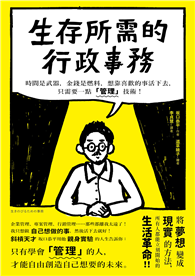Like an aging monument, democracy itself is crumbling. An ever-expanding government threatens both our freedom and a financial collapse. Increasing polarization makes the task of governing effectively difficult.
- Government’s attempts to make people’s lives better often have the opposite effect
- Differing views of the Constitution divide more than unify us.
- Both sides increasingly question elections if they don’t win.
- Even the concept of what an American is leads to division.
- Debate is often less about solving problems and more about political advantage and defeating the other side.
Today, 15 years after the first edition of this book was published, these problems are growing worse, not better. But the solutions still remain in deeper understanding of the issues and in the ability to work together to produce effective solutions that are based on facts and evidence. We can learn a great deal about how to accomplish this by studying the history of American representative democracy.
Preserving Democracy delves into areas such as taxation and the welfare state, planning versus competition, the rule of law, the breakdown of voting, the distortion of language, the importance of an informed electorate, and the loss of American values. It highlights how these factors have impacted the health of American democracy and government and outlines the long-term consequences.
This book points the way to seriously studying American democratic traditions and the things that have made them function this long. It then talks about how we can get back onto the track of building and preserving a just society.
Every American who plans to vote or otherwise participate in our government needs to read this book, not necessarily to agree with the author on each subject, but to find a way to better understand both the subject and the background of diverse views.
Informed dialogue may be the key to preserving democracy in America.

 看圖書介紹
看圖書介紹










